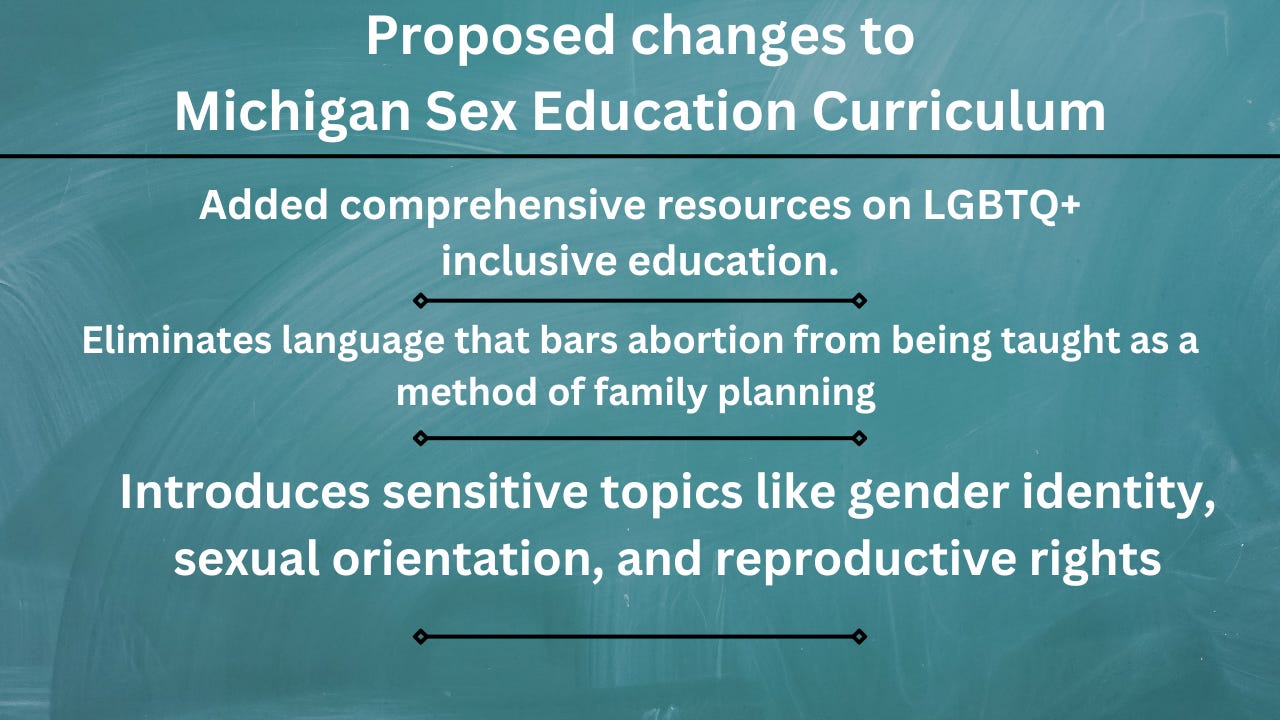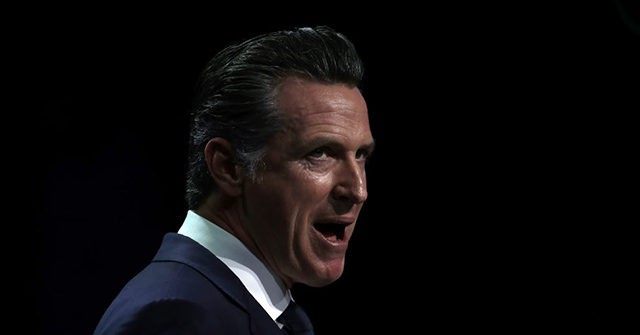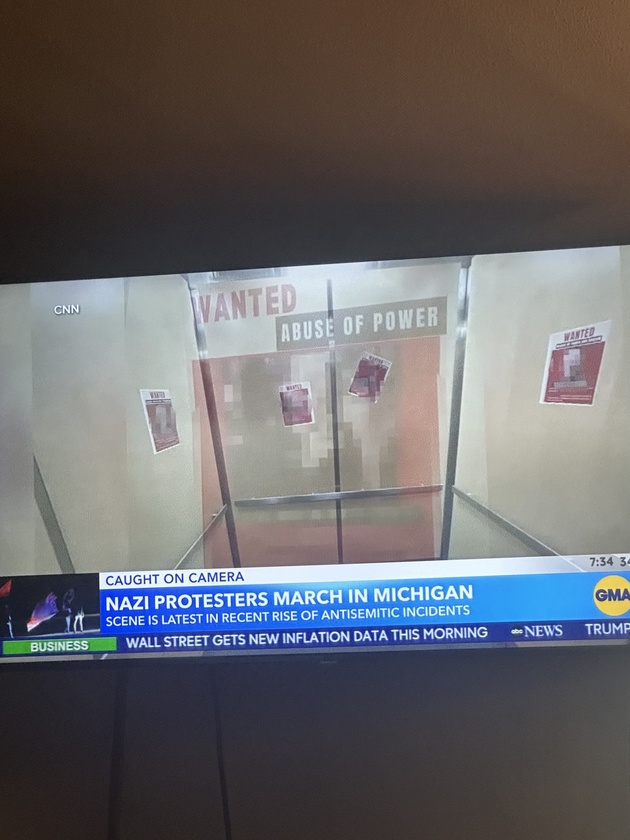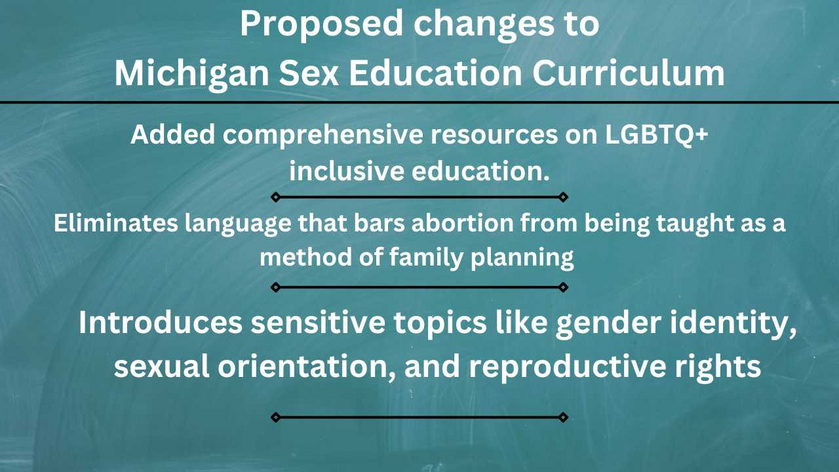LANSING, Mich — A new legislative proposal in Michigan is stirring considerable discussion as it seeks to modernize the sex education curriculum in public schools, introducing broader content on gender identity, contraceptive availability, and detailed pregnancy options.
House Democrats have put forward a bill aimed at amending sections of the 1976 Revised School Code, which would expand the scope of sex education to encompass a "broad range of topics" and update how pregnancy and reproductive health are taught. This proposed shift includes revising the curriculum to acknowledge and affirm different sexual orientations and gender identities, a change advocates say is necessary for inclusivity but which has faced criticism from some parent groups and conservative voices who argue it undermines traditional family values.
I walked away from mainstream media to bring you real, independent journalism. I can't keep this going without your support—sign up as a paid subscriber today! If you're already a subscriber, thank you for being part of this journey!
Under the new bill, instruction would need to be trauma-informed, medically accurate, and developmentally appropriate, with mandates for the inclusion of lessons on body autonomy, healthy relationships, and consent. Critics have highlighted the bill’s emphasis on topics such as sexual identity and decision-making as areas that could conflict with parents' rights to guide their children's understanding of these subjects according to their personal beliefs.

One of the more debated points in the bill is the repeal of a ban on distributing condoms and other contraceptive devices on school property. The current restrictions that prevent the distribution of family planning drugs or devices would be lifted, allowing schools to provide these resources as part of comprehensive health education. Proponents argue that this change is a necessary step to support safe sexual practices and reduce unplanned pregnancies among teens. However, opponents worry that making contraceptives available in schools could send the wrong message about sexual activity to young students.
In addition to teaching about contraception, the proposed curriculum would provide nonbiased information on all legally available pregnancy outcomes, including details on prenatal care and parenting responsibilities. This aspect of the bill is intended to ensure students are informed about their options, but it also introduces complex discussions about reproductive rights that have historically been contentious in public education.
State Rep. Rachel Hood, a Democrat from Grand Rapids and the bill's sponsor, emphasized that the goal is to equip students with the knowledge and skills needed to make informed choices. “This approach ensures young people understand bodily autonomy, recognize boundaries, and build a culture of respect and awareness in their communities,” Hood stated.
Conservative groups have voiced concerns that these changes represent a significant departure from past policies that prioritized abstinence and restricted discussions about contraception and reproductive options. Critics argue that the new approach could conflict with values taught at home and shift the focus away from abstinence, which remains the only 100% effective method of preventing pregnancy and sexually transmitted infections.
As the bill moves forward, public hearings and debates are expected to engage parents, educators, and policy advocates, ensuring that a wide range of opinions are heard on how Michigan schools should approach sex education in the years to come.


















